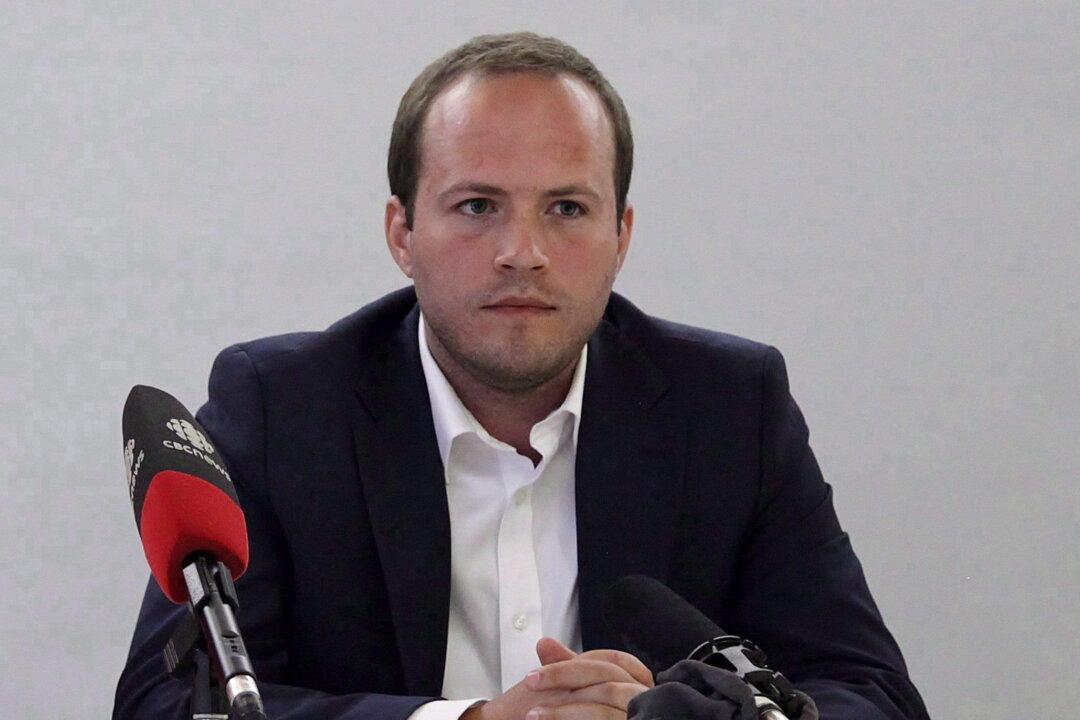The Conservative Party motion to lift travel restrictions on May 30 was soundly defeated by all other parties in the House of Commons, but two Liberal MPs dissented.
Quebec City MP Joël Lightbound voted in favour of the motion, in line with his stance on COVID-19 restrictions he had expressed in a press conference in February.





